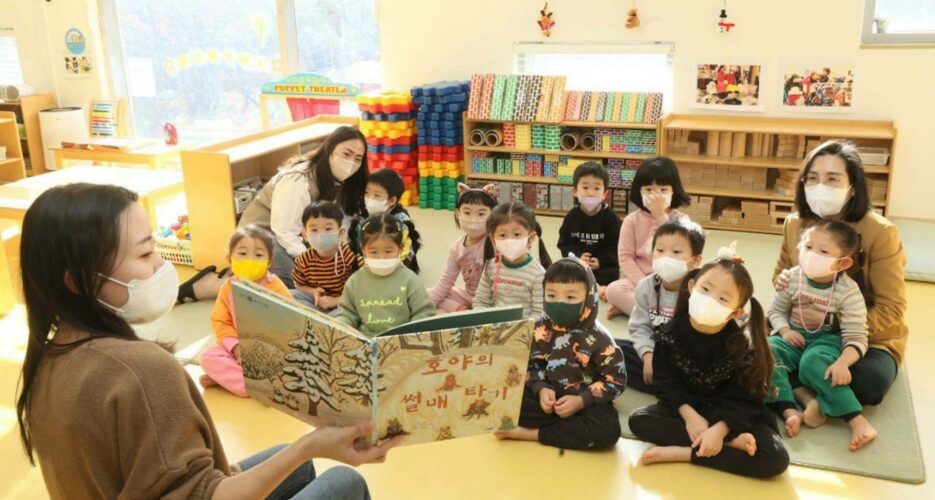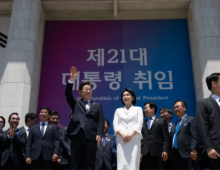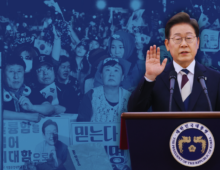The new policy is insufficient to combat entrenched patriarchal values and the gender pay gap
South Korea made international headlines this month when the labor ministry announced a new 18-month parental leave policy — the longest parental leave in the world.
Though this new scheme is aimed at increasing fertility rates, it fails to address the underlying factors driving South Korean women not to have children — primarily conditions in the labor market, the financial situation of families, and unequal distribution of unpaid care work.
South Korea made international headlines this month when the labor ministry announced a new 18-month parental leave policy — the longest parental leave in the world.
Though this new scheme is aimed at increasing fertility rates, it fails to address the underlying factors driving South Korean women not to have children — primarily conditions in the labor market, the financial situation of families, and unequal distribution of unpaid care work.
Get your
KoreaPro
subscription today!
Unlock article access by becoming a KOREA PRO member today!
Unlock your access
to all our features.
Standard Annual plan includes:
-
Receive full archive access, full suite of newsletter products
-
Month in Review via email and the KOREA PRO website
-
Exclusive invites and priority access to member events
-
One year of access to NK News and NK News podcast
There are three plans available:
Lite, Standard and
Premium.
Explore which would be
the best one for you.
Explore membership options
© Korea Risk Group. All rights reserved.
No part of this content may be reproduced, distributed, or used for
commercial purposes without prior written permission from Korea Risk
Group.












